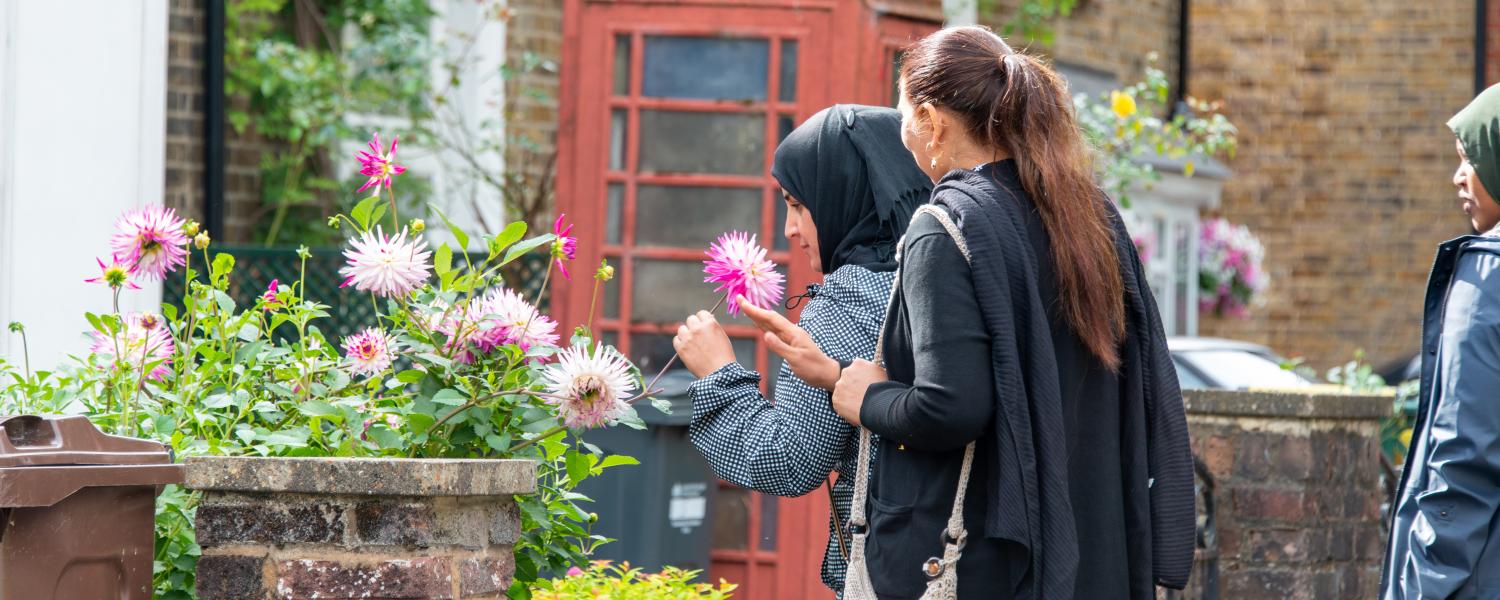
Bringing together local people, services and organisations to work collectively requires a clear set of guiding values and design principles.
Values
Our values define how we work – these are the core ideals which we share as a collective of individuals engaging together in this project.
Design Principles
Our design principles define what we do – these are the principles to guide our way of working and the kinds of activity we will engage in.